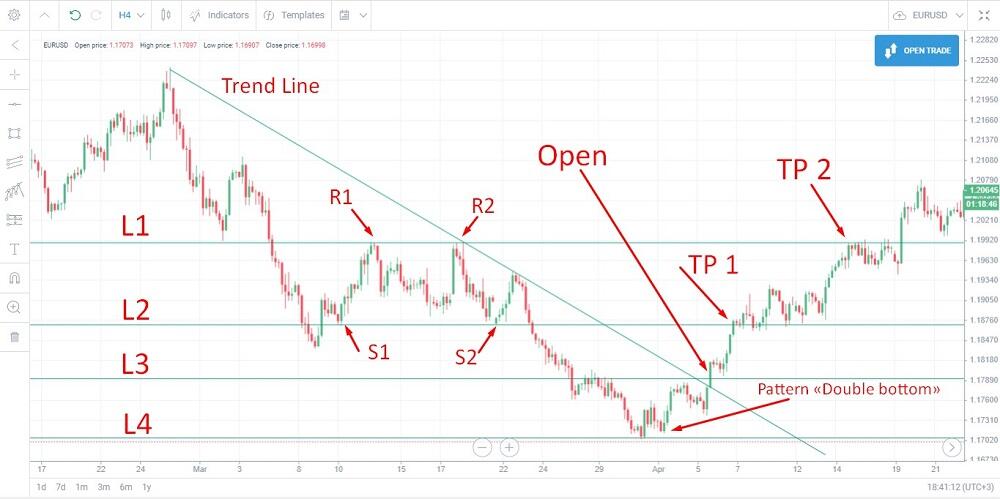Online trading has revolutionized how individuals engage with financial markets, offering unprecedented access, convenience, and opportunities for investors worldwide. This article explores the evolution, benefits, challenges, and strategies associated with online trading, underscoring its transformative impact on the investment landscape.
Evolution of Online Trading
The emergence of online trading dates back to the 1990s, coinciding with the rise of the internet and technological advancements. Traditionally, investors relied on phone calls or physical visits to brokers for executing trades. Online trading platforms democratized this process by enabling investors to trade directly via digital interfaces, accessible on computers and mobile devices.
Advantages of Online Trading
1. Accessibility and Convenience: Online trading platforms provide unparalleled accessibility to global financial markets, operating 24/7 across different time zones. Investors can execute trades from anywhere with internet access, eliminating geographical barriers and enhancing trading flexibility.
2. Cost Efficiency: Online trading often offers lower transaction costs compared to traditional brokerage services. Reduced commissions, competitive spreads, and access to discount brokerage options enable investors to optimize trading expenses and maximize potential returns.
3. Real-Time Market Information: Online trading platforms deliver real-time market data, news updates, and advanced analytical tools. Investors can access historical price charts, technical indicators, and research reports to make informed decisions and capitalize on market opportunities promptly.
Challenges of Online Trading
1. Technological Dependence: Successful online trading hinges on reliable internet connectivity and robust trading platforms. Technical disruptions, server downtimes, or cybersecurity threats can disrupt trade executions and expose investors to potential financial risks.
2. Risk Management: The accessibility and rapid pace of online trading amplify risks such as market volatility and liquidity fluctuations. Implementing risk management strategies, such as setting stop-loss orders and diversifying portfolios, is crucial to safeguarding investments and minimizing losses.
Strategies for Successful Online Trading
1. Continuous Education: Keeping abreast of market trends, economic developments, and trading strategies is essential for online traders. Utilizing educational resources offered by online brokers, attending webinars, and participating in trading communities enhance knowledge and refine trading skills.
2. Developing a Trading Plan: Establishing a structured trading plan with clear objectives, risk tolerance levels, and entry/exit strategies fosters disciplined trading practices. Adhering to a well-defined plan helps traders avoid emotional decision-making and maintain consistency in their trading approach.
3. Utilizing Analytical Tools: Leveraging technical analysis techniques, such as chart patterns and indicators, alongside fundamental analysis of economic data and company fundamentals, empowers traders to identify potential trading opportunities and make informed decisions.
Future Trends in Online Trading
1. Integration of Artificial Intelligence (AI): AI-powered algorithms are increasingly integrated into online trading platforms to automate trading processes, analyze large datasets, and optimize trading strategies. AI-driven insights enhance decision-making efficiency and responsiveness to market conditions.
2. Expansion of Mobile Trading: The proliferation of mobile trading apps facilitates on-the-go access to trading activities, allowing investors to monitor markets, receive real-time alerts, and execute trades conveniently from smartphones and tablets. Mobile trading apps cater to the evolving preferences of tech-savvy investors.
Conclusion
Online trading has democratized investment opportunities, empowering individual investors to participate in global financial markets with unprecedented ease and efficiency. While online trading offers significant benefits such as accessibility, cost efficiency, and real-time information, it necessitates prudent risk management and strategic decision-making. As technology continues to advance, online trading remains at the forefront of modern investing, driving innovation, expanding access, and reshaping the dynamics of global finance.


